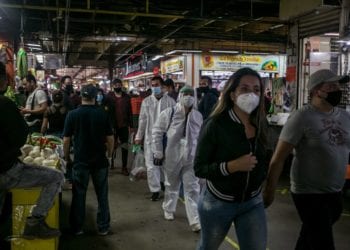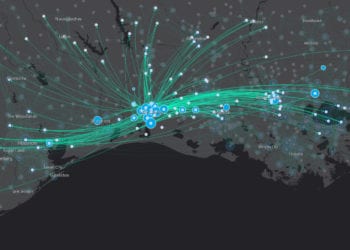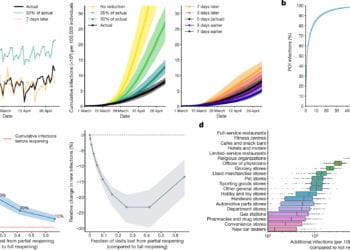This Panel examined the practices of recent mobility data collaboratives in order to engage a conversation about the future of global capacity building for translational readiness and crisis response.
One of the key lessons of the many efforts to use mobility data to respond to the COVID-19 pandemic is that data, analysis, and modeling on their own are largely insufficient. The value of data for operational response to crisis lies in the capacity to translate analytical insights into timely, meaningful decision frameworks. This translational activity requires specific networks of data providers, researchers, policymakers, and practitioners who understand and use the contexts, languages, and insights from one another.
Data collaboratives like the COVID-19 Mobility Data Network, linking academic researchers to public health decision makers, were one type of response to this translational imperative. Others were convened by Safegraph and Cuebiq to build research communities of practice around data provided specifically by those companies. What are the characteristics of successful data collaboratives? What are the key gaps and inequalities in data collaborative practice, particularly for under-represented areas of the Global South, revealed by Covid-19?
PANELIST
- Stefaan Verhulst Co-Founder and Chief Research and Development Officer at Governance Laboratory, The GovLab at New York University
MODERATOR
- Andrew Schroeder Vice President of Research and Analysis at Direct Relief
RESPONDENTS
- Dr. Caroline Buckee Associate Professor of Epidemiology at Harvard TH Chan School of Public Health, Associate Director of the Center for Communicable Disease Dynamics
- Dr. Satchit Balsari Assistant Professor of Emergency Medicine at Harvard Medical School – Beth Israel Deaconess Medical Center



